Have you always wanted to start playing the piano, but just don't know how?
Are you looking to do something creative with your free time?
Do you want to improve your hand-eye coordination?
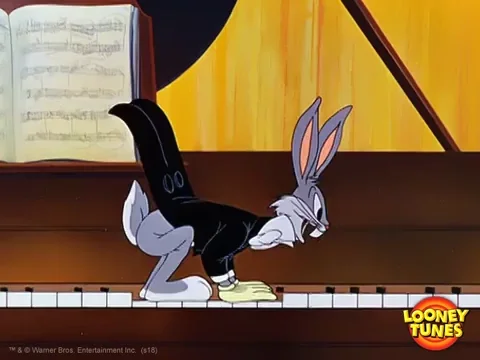
Find out if playing the piano is for you!
There are many different ways to get started, depending on your needs, learning preferences, and level of commitment.
Step 1: Find a piano
Pianos can be expensive, so take time to explore and research which instument is best for you.
Acoustic piano
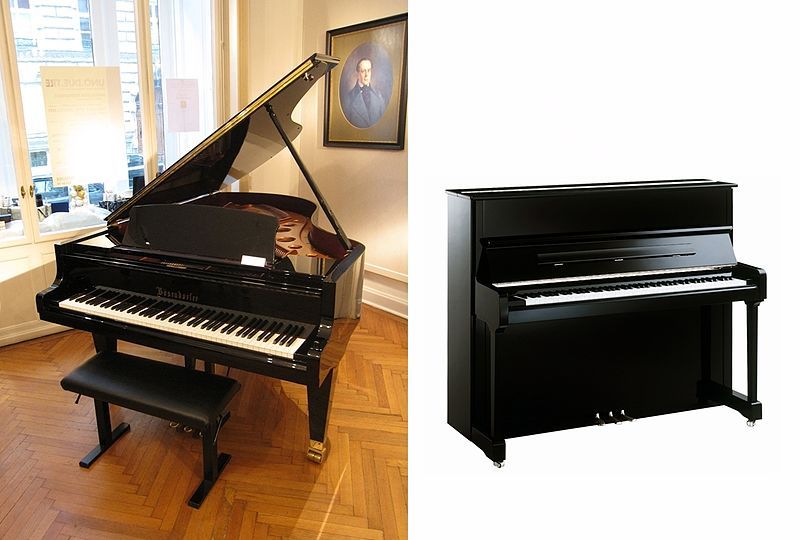
Creates an authenic sound
Requires yearly tuning and servicing
Cheap, or even free, if you buy second hand
✅ Great if you have the space
Digital piano
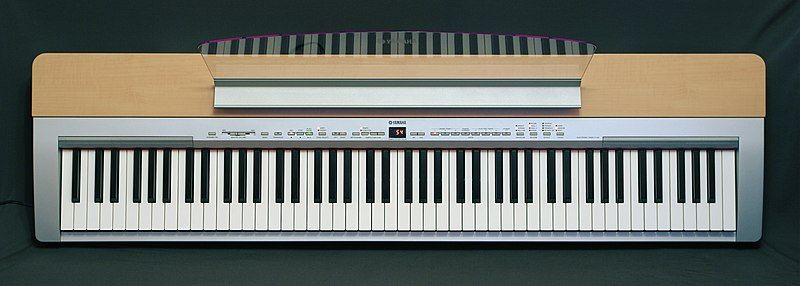
Sounds like an acoustic piano
Can be used with headphones
Keys are weighted so feels like a piano
Cost varies: from $200
✅ Worth investing if you're committed to learning the piano
Keyboard
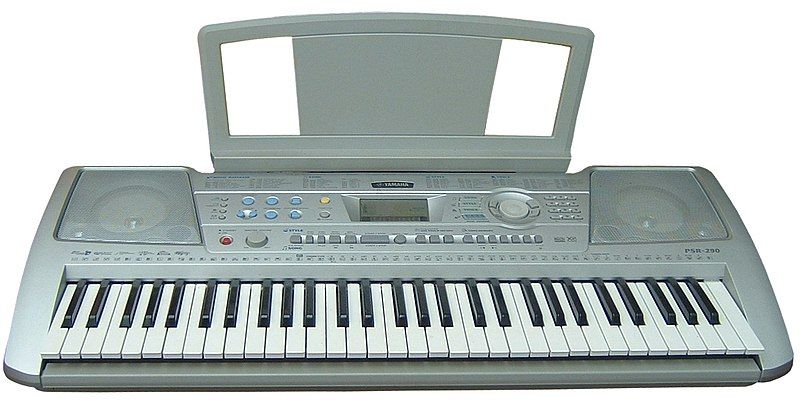
Selection of electronic sounds & effects
Can be used with headphones
Portable and available in different sizes
Affordable: under $200
✅ Buy if you're unsure if the piano is for you
Step 2: Decide how you're going to learn
Learning how to play the piano doesn't need to be expensive. There's so many different resouces out there. It's up to you how much you spend!
Watch video tutorials
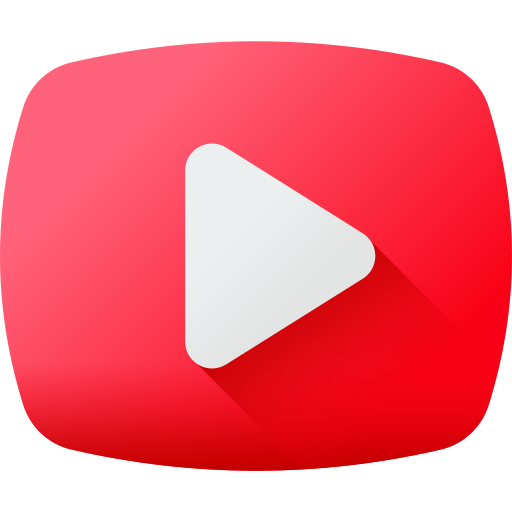
Check out YouTube and TikTok for free beginner piano lessons.
Use an app
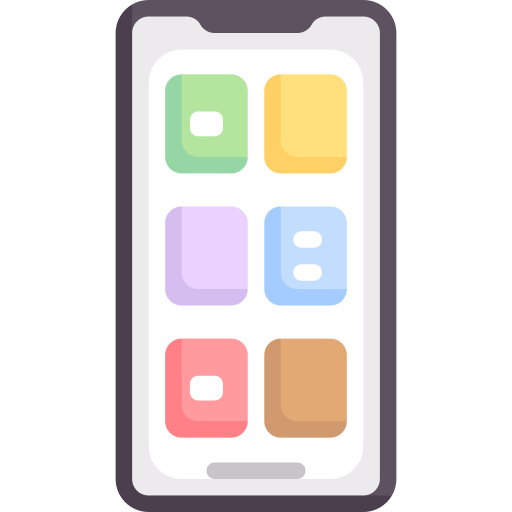
Let an app guide you through structured lessons while you learn at your own pace.
Find a teacher
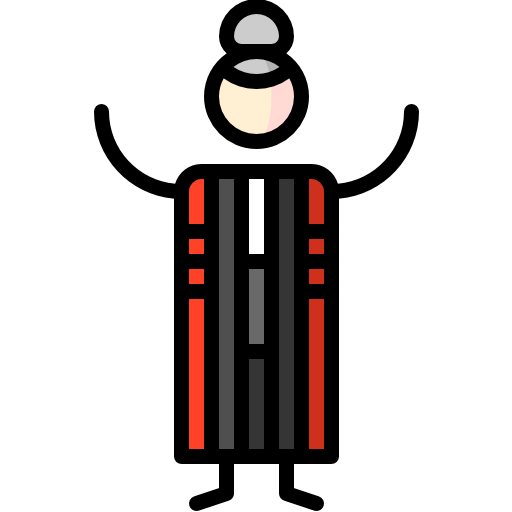
A teacher can make sure your posture and hand positions are on point, while giving you tailored tuition.
Get a tutor book
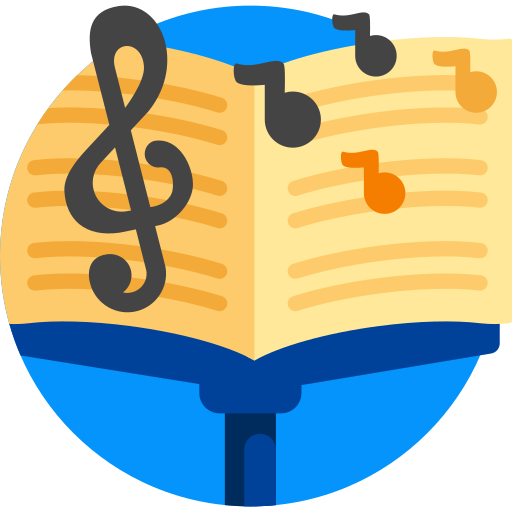
A beginner's piano book will introduce you to the basics and give you fun tunes to try.
Step 3: Get a plan together
It's pretty unlikely you'll be a piano pro overnight, but with regular practice and a bit of discipline you'll be bashing out your favourite tunes in no time!
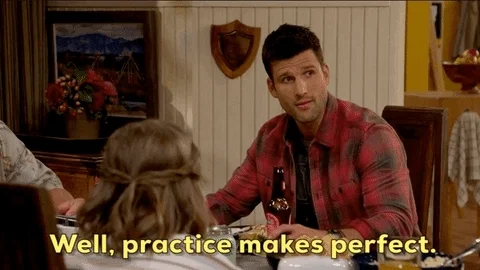
So make a plan. You don't have to stick to it religiously, but it'll give you an idea of whether your goals are managable:
📅 When
How often and for how long will I practice?
📍 Where
Do I need a dedicated practice space or will I use a public piano?
💡 How
Will I use a teacher or will I learn at my own pace?
Step 4: Get familiar with the piano
Keys
A standard piano has 88 keys, but some keyboards may have less. These are made up of a mixture of black and white keys.

When your fingers press down the keys, different sounds (known as notes) will be produced. Generally:
your right hand plays the main melody or tune
your left hand plays bass notes to support that tune.
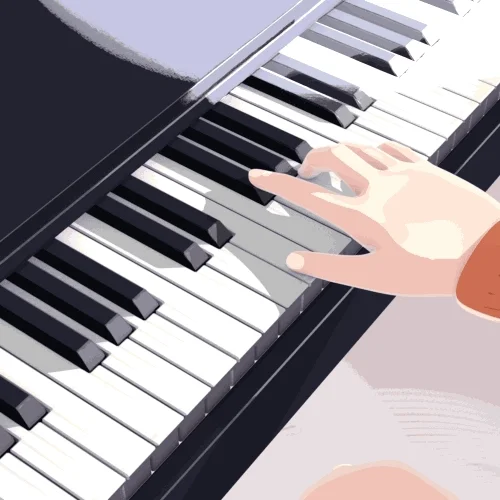
Pedals
As a beginner, you don't need to worry about these straight away, but it's good to know they're there!
You'll press pedals with your feet when you need to sustain or alter the sound of the music produced by your fingers.
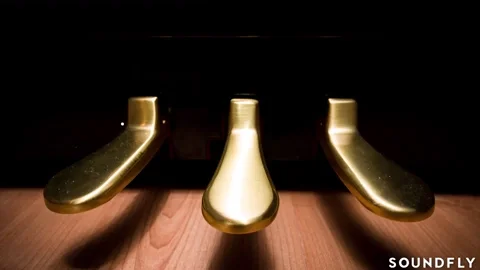
Step 5: Learn the keys
White Keys
These represent tones in the musical scale and produce the notes A, B, C, D, E, F, and G.
Black keys
These produce half-tone notes called flats or sharps. Learn more about the black keys.
Middle C
This is a beginner's best friend and is the first note you'll learn!
Middle C helps you find your way around the piano's keyboard.

The white key to the right of middle C is D.
To the right of D is E.
Continue going up the alphabet until you reach G.
After G, the next note is A.
Continue going along the alphabet until G and repeat:

Test your knowledge!
Meet Sara and Noah.
They've been talking about how many keys on a standard piano can produce the note "C".
 Sara thinks there are 8 keys that play C.
Sara thinks there are 8 keys that play C.
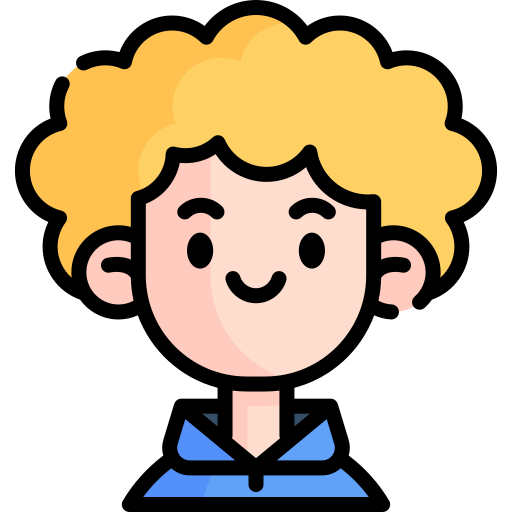 Noah says there are 6 keys that play C.
Noah says there are 6 keys that play C.
Take another look at the keys on a standard piano.

Quiz
Help Sara and Noah answer this question. Who is correct?
Take Action
Start playing the piano today!

Your feedback matters to us.
This Byte helped me better understand the topic.
